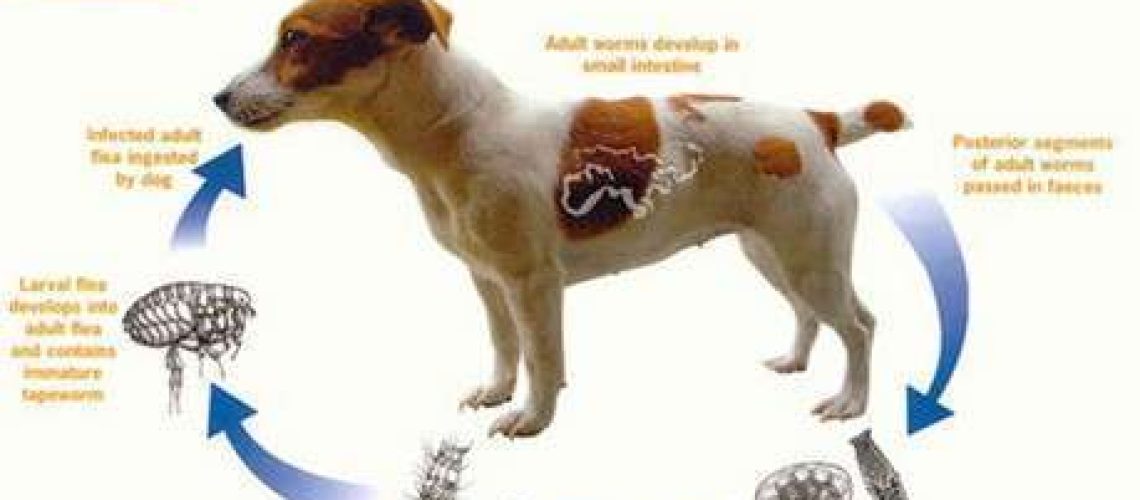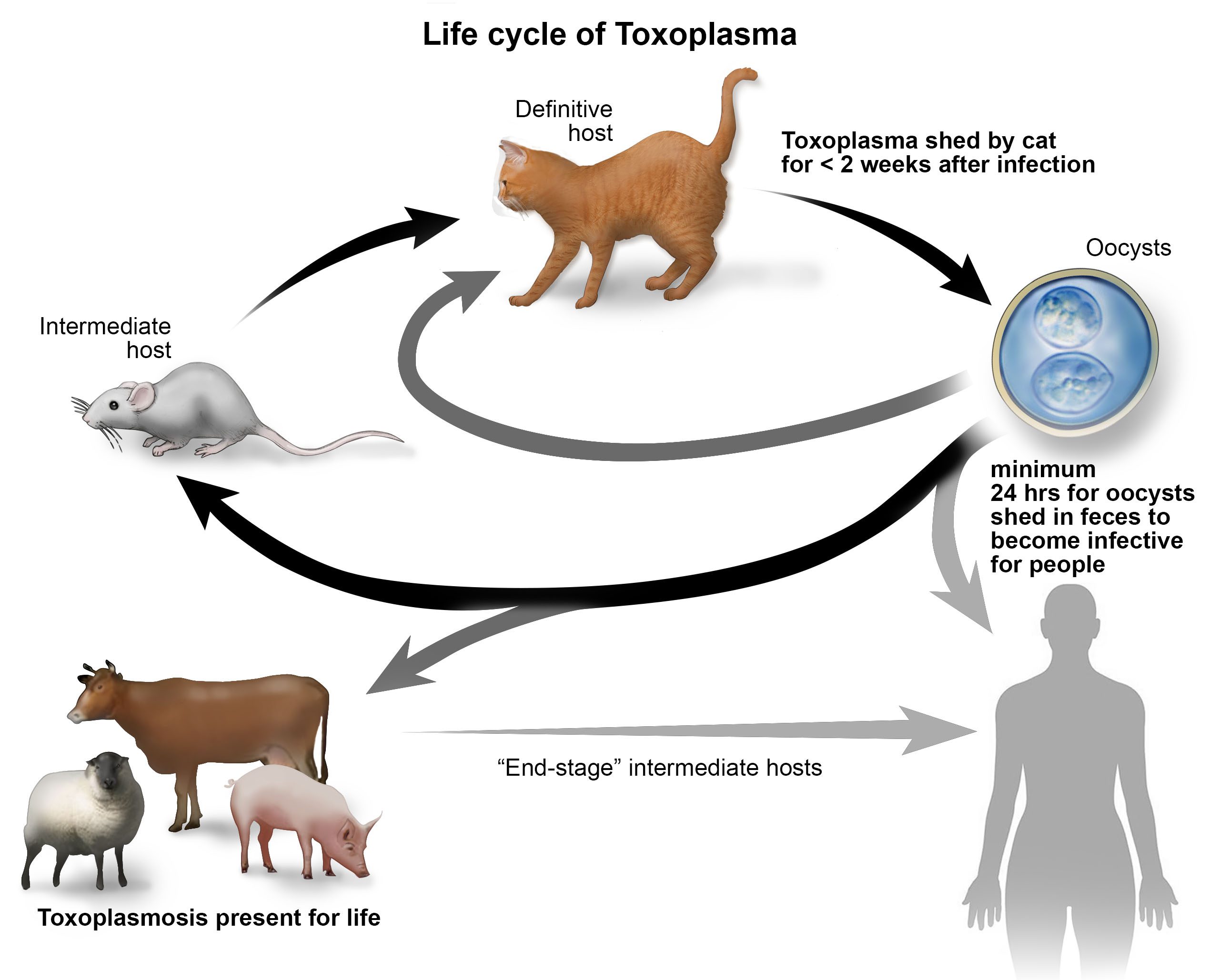Key Takeaways:
- Tapeworms in dogs are a common parasite that can be easily prevented with regular deworming.
- Tapeworms are typically transmitted to dogs through the ingestion of infected fleas or by eating raw meat.
- Common symptoms of tapeworm infection in dogs include weight loss, scooting, and visible segments of the worm in the feces or around the anus.
- Tapeworm infections can be diagnosed through a fecal examination and treated with deworming medications prescribed by a veterinarian.
- To prevent tapeworms, it is important to keep your dog's environment clean, regularly treat for fleas, and avoid feeding them raw or undercooked meat.
Are you curious about tapeworms in dogs? If so, you're in the right place! Understanding this topic is essential for any dog owner, as tapeworms can pose a threat to your furry friend's health. In fact, did you know that up to 35% of dogs may be infected with tapeworms at some point in their lives? But don't worry, by delving into this subject, you'll gain valuable knowledge on how to prevent and treat tapeworm infestations. So, let's explore the fascinating world of tapeworms in dogs and ensure the well-being of our beloved pets!
What is a Tapeworm and How Does it Affect Dogs?
A tapeworm is a type of parasite that can live in the intestines of dogs. It is made up of many small segments, each containing eggs. When these segments break off, they are passed out of the dog's body through its feces.
Tapeworms can cause various health problems for dogs. They can lead to weight loss, poor appetite, and a dull coat. Some dogs may also experience diarrhea or vomiting. In severe cases, tapeworms can cause anemia and weakness.
How Does a Tapeworm Affect a Dog's Digestive System?
When a dog has tapeworms, the parasites attach themselves to the lining of the intestines. They absorb nutrients from the dog's food, which can make it difficult for the dog to get all the nutrients it needs to stay healthy.
The Life Cycle of a Tapeworm
The life cycle of a tapeworm begins when an infected dog passes out segments containing eggs in its feces. These segments are then ingested by flea larvae or other intermediate hosts such as rodents or rabbits. Inside these hosts, the eggs hatch into larvae and develop into infective cysts.
When a dog ingests an infected intermediate host while hunting or grooming itself, the larvae are released in its intestines and grow into adult tapeworms. The cycle then continues when these adult tapeworms produce more segments containing eggs.
How Do Dogs Get Infected with Tapeworms?
Dogs can become infected with tapeworms by ingesting fleas or other intermediate hosts that carry tapeworm eggs. This commonly happens when dogs groom themselves and accidentally swallow fleas that are carrying tapeworm larvae.
Dogs that hunt and eat rodents or rabbits are also at risk of getting tapeworms. These animals can be infected with tapeworms, and when a dog eats them, the tapeworm larvae can develop into adult worms in its intestines.
Preventing Tapeworm Infections in Dogs
To prevent tapeworm infections in dogs, it is important to keep them on regular flea prevention medication. This will help reduce the chances of them ingesting fleas that may carry tapeworm eggs.
It is also essential to discourage dogs from hunting and eating rodents or rabbits. Keeping your yard free of rodents and regularly cleaning up after your dog can further reduce the risk of infection.
Tips for Dog Owners:
- Keep your dog on regular flea prevention medication
- Do not allow your dog to eat rodents or rabbits
- Clean up your yard regularly to reduce the presence of intermediate hosts
- Regularly groom your dog to check for fleas
Can Tapeworms in Dogs Be Harmful to Humans Too?
Yes, certain types of tapeworms that infect dogs can also be harmful to humans. If a person accidentally ingests tapeworm eggs or larvae, they can develop an infection called zoonotic disease.
Zoonotic diseases caused by tapeworms can lead to various symptoms in humans, including abdominal pain, diarrhea, nausea, and weight loss. In rare cases, these infections can cause more severe complications if left untreated.
How Can Humans Get Infected with Tapeworms?
Humans can get infected with tapeworms by accidentally ingesting tapeworm eggs or larvae. This can happen through direct contact with infected dog feces or by consuming undercooked meat from animals infected with certain types of tapeworms.
Preventing Tapeworm Infections in Humans:
- Wash hands thoroughly after handling dogs or cleaning up their feces
- Cook meat to appropriate temperatures to kill any potential tapeworm larvae
- Avoid letting dogs lick your face or mouth
- Regularly deworm your pets as recommended by a veterinarian
Common Symptoms of Tapeworm Infection in Dogs
The most common symptom of tapeworm infection in dogs is the presence of small, white segments resembling grains of rice in their feces or around the anal area. These segments may also be seen on the dog's bedding or in areas where the dog frequently rests.
In addition to the presence of these segments, dogs with tapeworms may exhibit other symptoms such as:
Other Symptoms of Tapeworm Infection:
- Weight loss
- Poor appetite
- Dull coat
- Vomiting or diarrhea (in some cases)
- Anemia and weakness (in severe cases)
How Can Veterinarians Diagnose Tapeworm Infestations in Dogs?
Veterinarians can diagnose tapeworm infestations in dogs through a combination of physical examination and laboratory tests. During the physical examination, they may look for signs of tapeworm segments around the dog's anus or in its feces.
They may also perform a stool examination to look for tapeworm eggs or segments under a microscope. In some cases, they may use a specialized test called a fecal antigen test, which can detect certain proteins produced by tapeworms in the dog's feces.
Treatment Options for Tapeworms in Dogs
The most common treatment for tapeworms in dogs is medication prescribed by a veterinarian. These medications are usually given orally and work by killing the adult tapeworms in the dog's intestines.
In addition to medication, it is important to address any underlying flea infestations or other sources of tapeworm infection. This may involve treating the dog with flea prevention medication and thoroughly cleaning its living environment to eliminate fleas and potential intermediate hosts.
Preventing Tapeworm Infestations in Dogs: Tips for Dog Owners
- Keep your dog on regular flea prevention medication
- Do not allow your dog to eat rodents or rabbits
- Clean up your yard regularly to reduce the presence of intermediate hosts
- Regularly groom your dog to check for fleas
- Consult with a veterinarian about deworming protocols
Treatments Available for Tapeworms in Dogs
Medication Options
There are several effective medications available to treat tapeworm infections in dogs. One common option is a prescription medication called praziquantel. This medication works by killing the tapeworms, allowing them to be expelled from the dog's body through bowel movements. Another medication that may be used is fenbendazole, which also helps eliminate tapeworms. It's important to note that these medications should only be used under the guidance of a veterinarian, as they can have potential side effects.
Home Remedies
While there are some home remedies that claim to treat tapeworms in dogs, it's important to approach these with caution. Many of these remedies have not been scientifically proven to be effective and may even be harmful to your pet. It's always best to consult with a veterinarian before trying any home remedies for tapeworms.
Prevention Tips
To prevent tapeworm infections in dogs, it's essential to take certain precautions:
1. Regular Deworming: Schedule regular deworming treatments for your dog as recommended by your veterinarian. This can help prevent tapeworm infections and keep your furry friend healthy.
2. Flea Control: Since fleas can transmit tapeworm eggs, it's crucial to keep your dog protected from fleas. Use flea prevention products recommended by your vet and regularly check your dog for signs of fleas.
3. Hygiene Practices: Practice good hygiene when handling your dog's waste and ensure proper disposal of feces. This helps reduce the risk of contamination and infection.
4. Avoid Raw Meat: Do not feed your dog raw or undercooked meat, as it can contain tapeworm larvae.
Remember, prevention is always better than cure when it comes to tapeworm infections in dogs. By following these tips and seeking veterinary guidance, you can help keep your furry companion free from tapeworms.
Preventing Tapeworm Infections in Dogs: Tips for Dog Owners
Regular Veterinary Check-ups
One of the most important steps in preventing tapeworm infections in dogs is to schedule regular check-ups with a veterinarian. During these visits, your vet can perform fecal examinations to check for any signs of tapeworm eggs or other parasites. They can also provide guidance on deworming schedules and preventive measures specific to your dog's needs.
Maintaining a Clean Living Environment
Keeping your dog's living environment clean is crucial for preventing tapeworm infections. Regularly clean and disinfect their bedding, toys, and living areas. Vacuuming carpets and upholstery can also help remove any flea eggs that may be present, as fleas are common carriers of tapeworms.
Proper Diet and Nutrition
A healthy diet plays a significant role in maintaining your dog's overall health, including their immune system. Ensure that your dog receives a balanced diet with high-quality commercial dog food recommended by your veterinarian. Avoid feeding them raw or undercooked meat, as mentioned earlier.
By following these preventative measures and working closely with your veterinarian, you can significantly reduce the risk of tapeworm infections in your beloved canine companion. Remember, a healthy dog is a happy dog!
In conclusion, tapeworms can be a common problem for dogs. It is important for dog owners to be aware of the symptoms and take preventive measures to keep their pets healthy. Regular check-ups with a veterinarian and proper hygiene practices can help prevent tapeworm infestations in dogs.
How do you know if your dog has a tapeworm?
Frequently, you may notice small, white pieces resembling rice in your dog's feces or around its anal area. If the worm dies and dries out before or after being excreted, the segments become hard and yellow in color. If the segments of the tapeworm end up in your dog's stomach, it may vomit and you might see a worm in the vomit.
How do I get rid of tapeworms in my dog?
Methods for dealing with tapeworms in dogs involve the use of a parasiticide drug called praziquantel. This drug is accessible in oral and injectable versions and is given based on the dog's weight. After praziquantel is administered, it induces the detachment of adult tapeworms from the intestinal wall.
How contagious are tapeworms from dogs?
Is it possible to contract a tapeworm infection from my pet? Yes, it is possible; however, the chances of getting infected with this tapeworm are very slim. In order for a person to become infected with Dipylidium, they would have to accidentally swallow a flea that is carrying the infection. Most reported cases of infection involve children.
How did my dog get tapeworms?
Contrary to other parasites that dogs can contract through contact with infected feces, dogs can only become infected with tapeworms if they consume a flea or rodent that carries the tapeworm. Treatment includes administering deworming medication and controlling flea and rodent exposure.
Can you touch a dog with tapeworms?
Dipylidium caninum tapeworms cannot be acquired directly from dogs, as they require fleas as an intermediate host. In order for a person to become infected with this type of tapeworm, they must ingest an infected flea. There have been a small number of reported cases of tapeworm infection in children.
Will tapeworms go away on their own in dogs?
It is a common misconception that worms are not harmful to dogs because they are usually harmless to humans. However, this is not true. Dogs cannot eliminate worms on their own and will require some form of medical assistance.

















